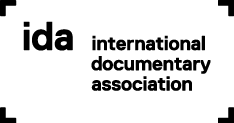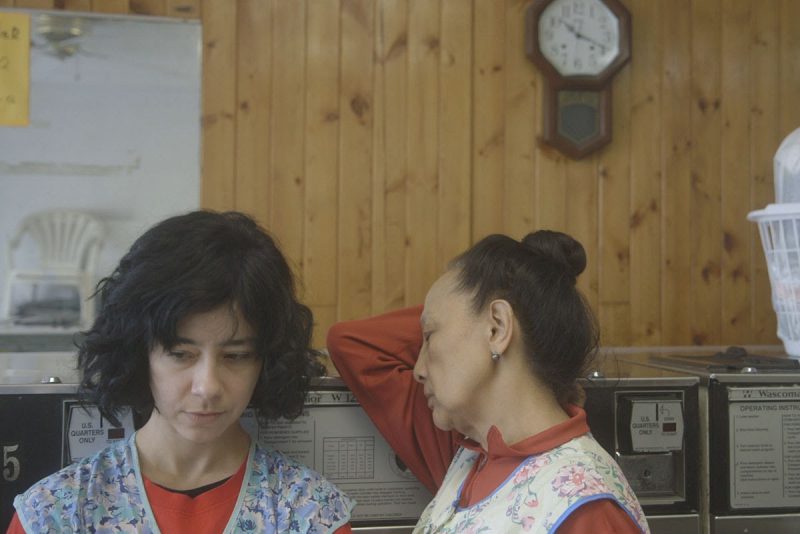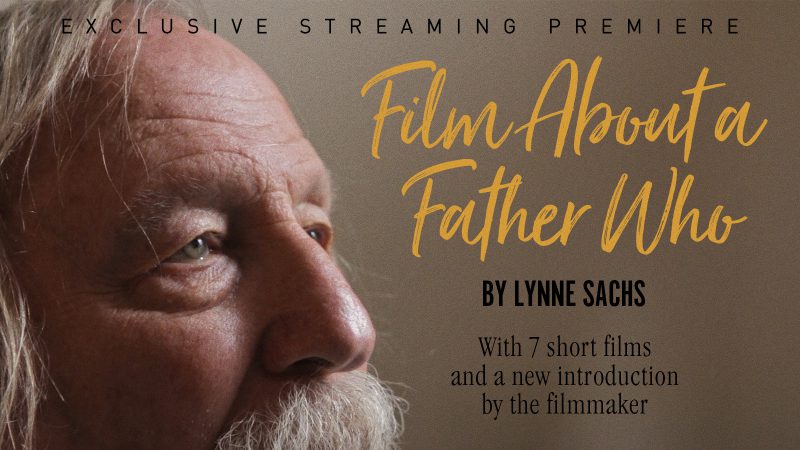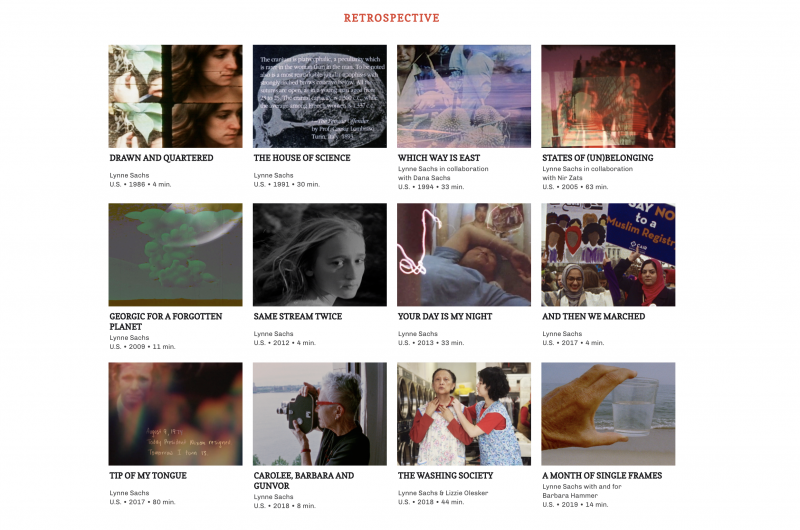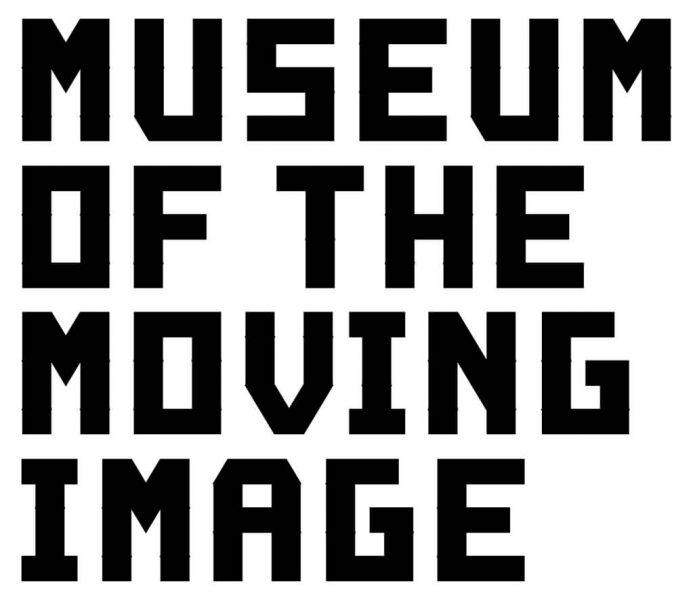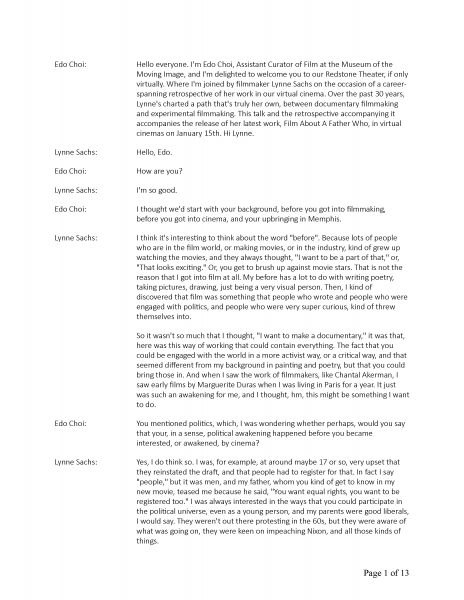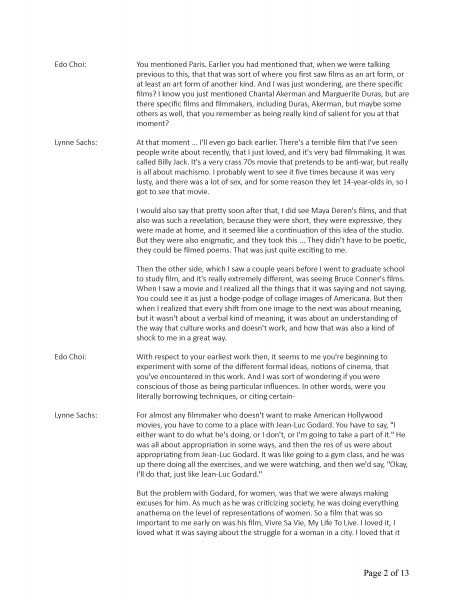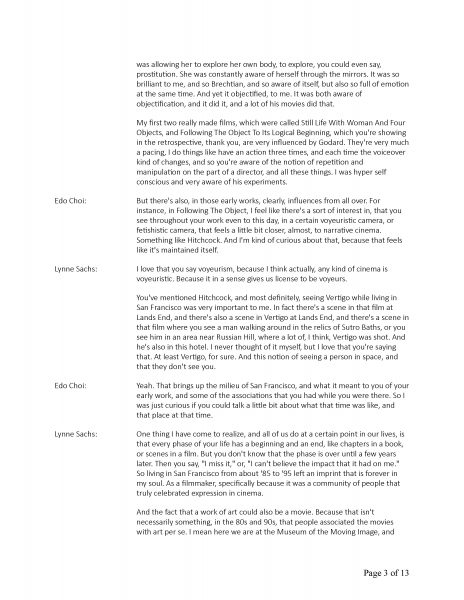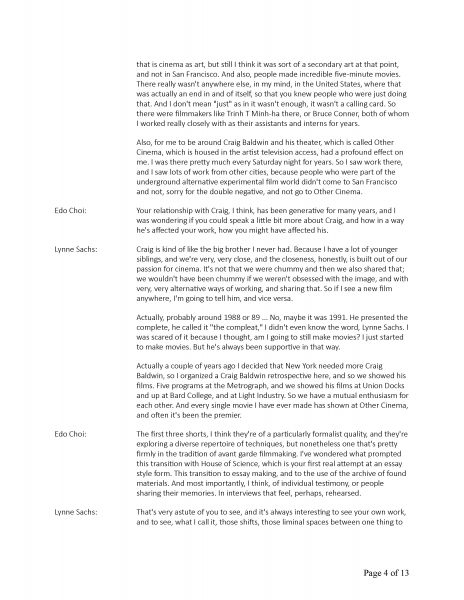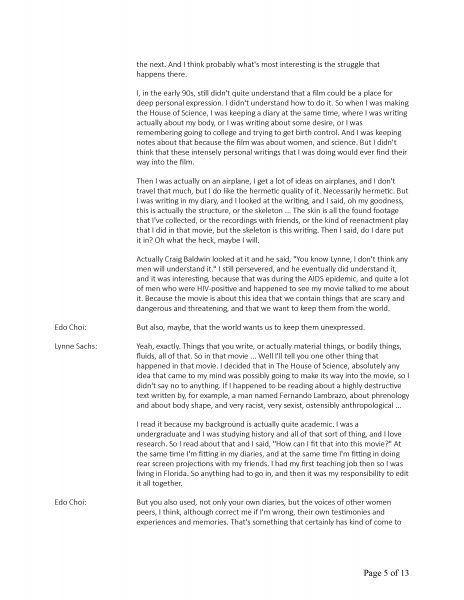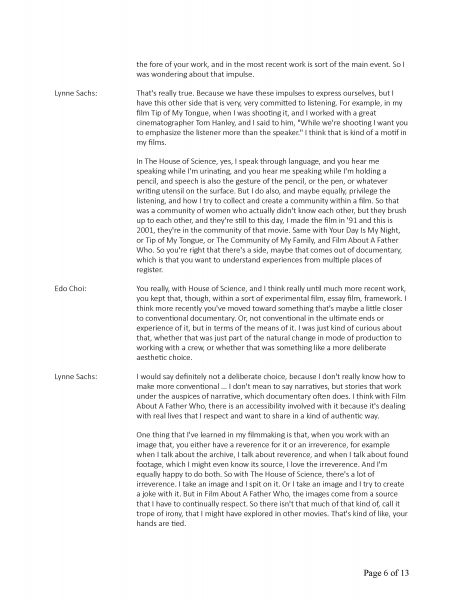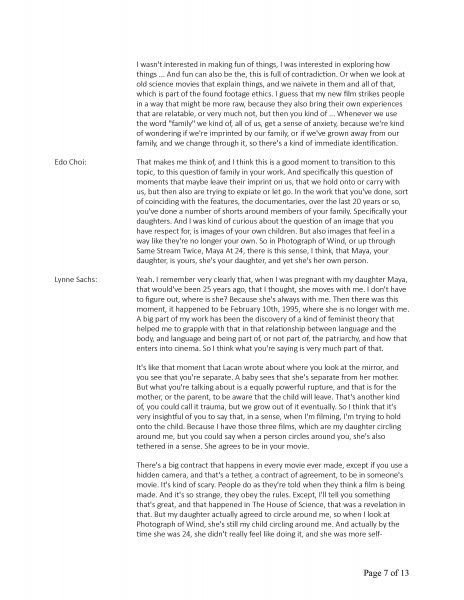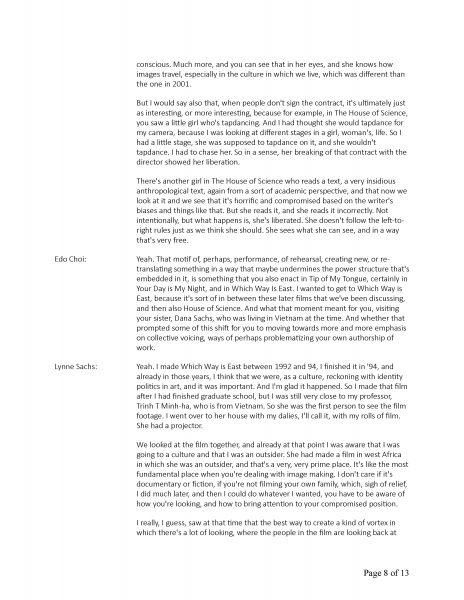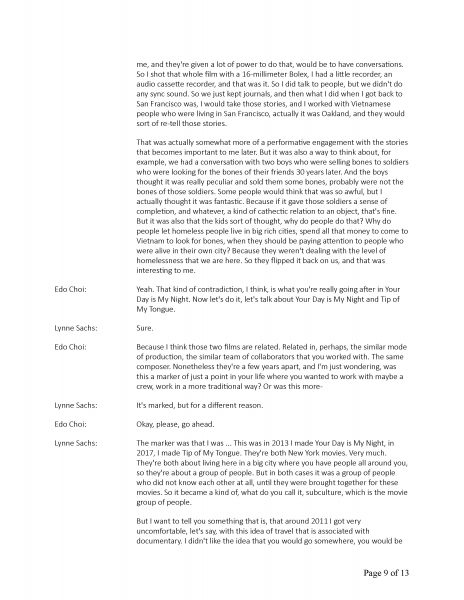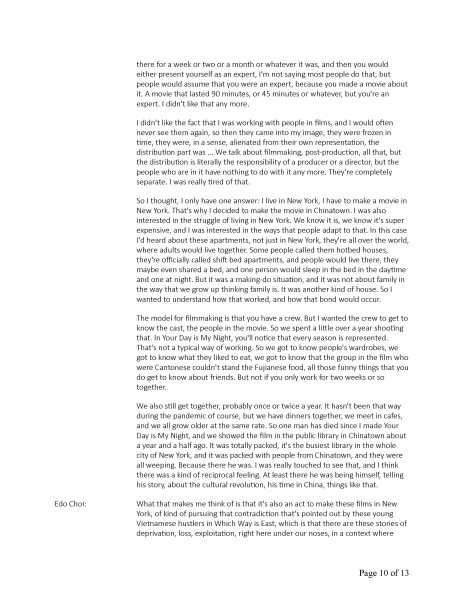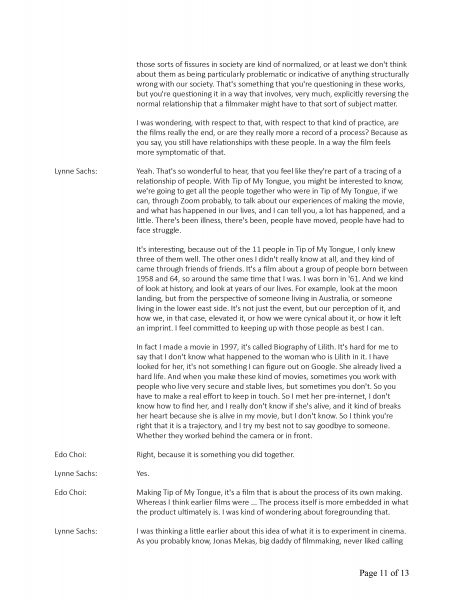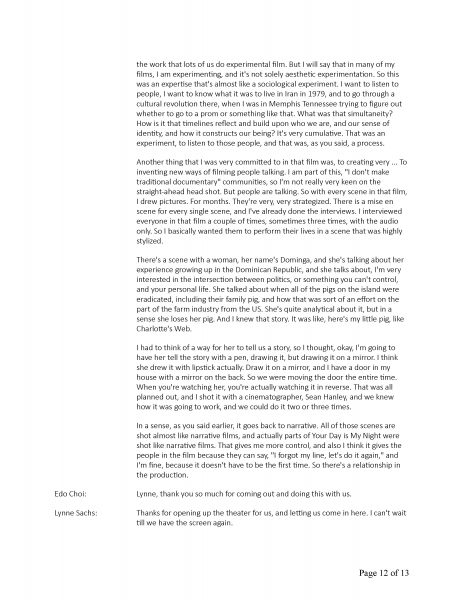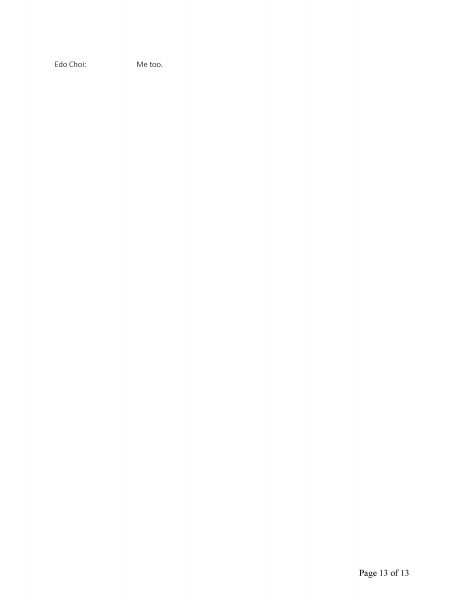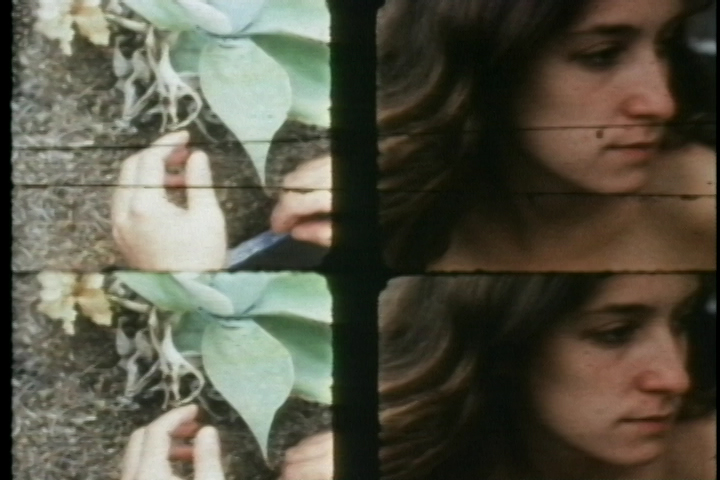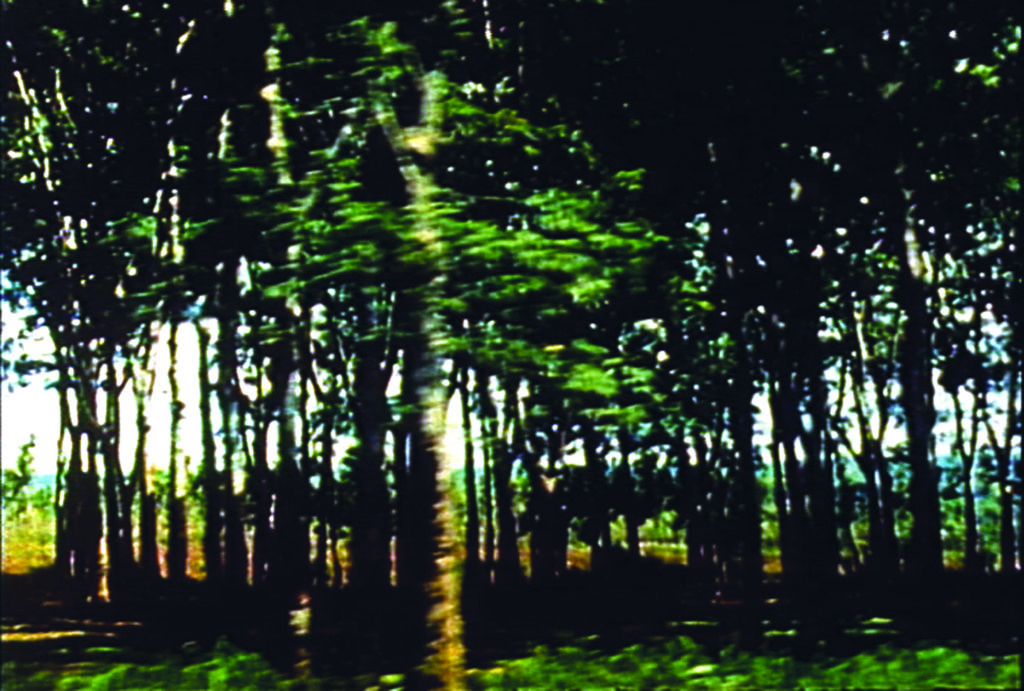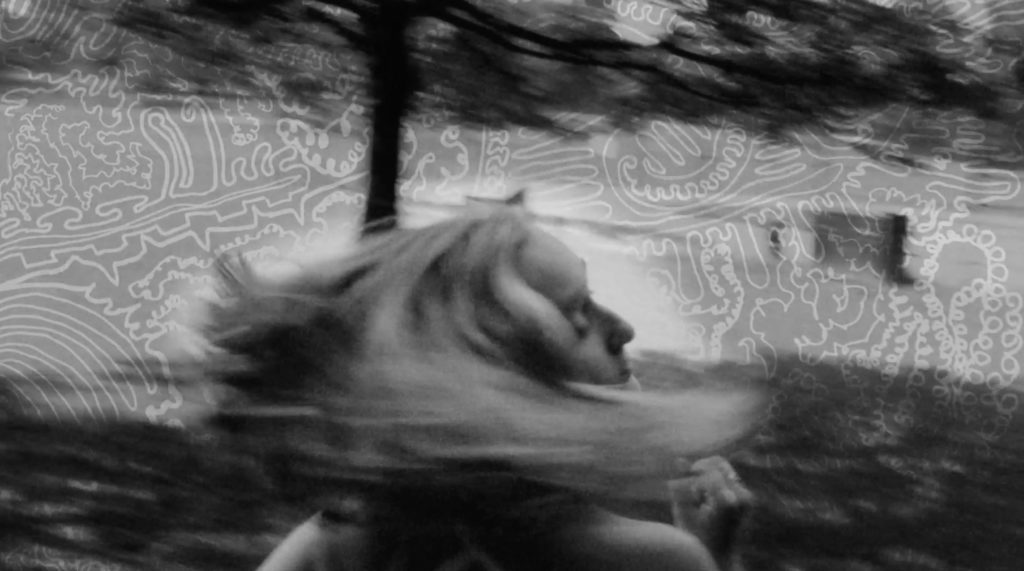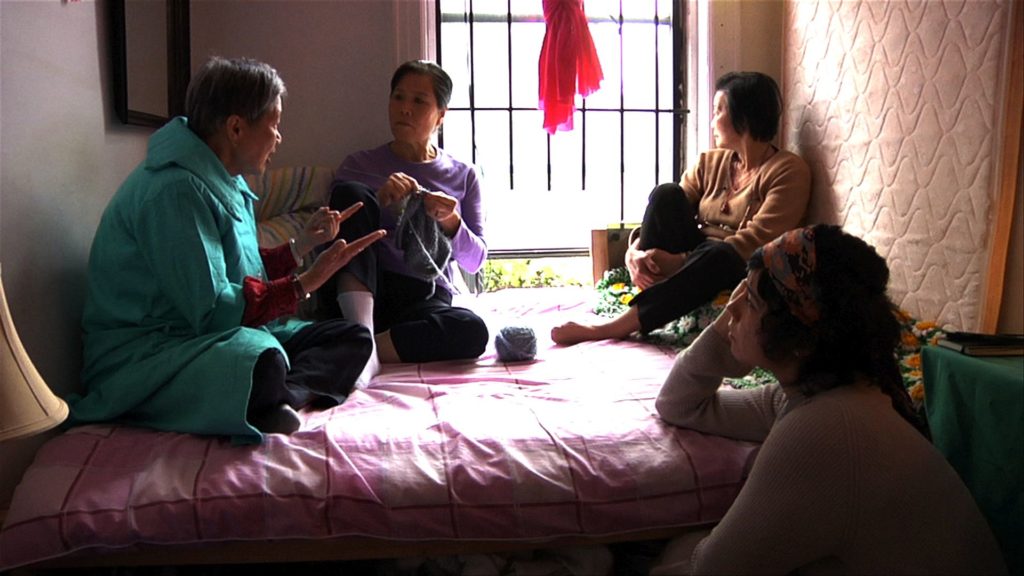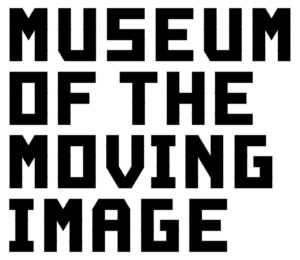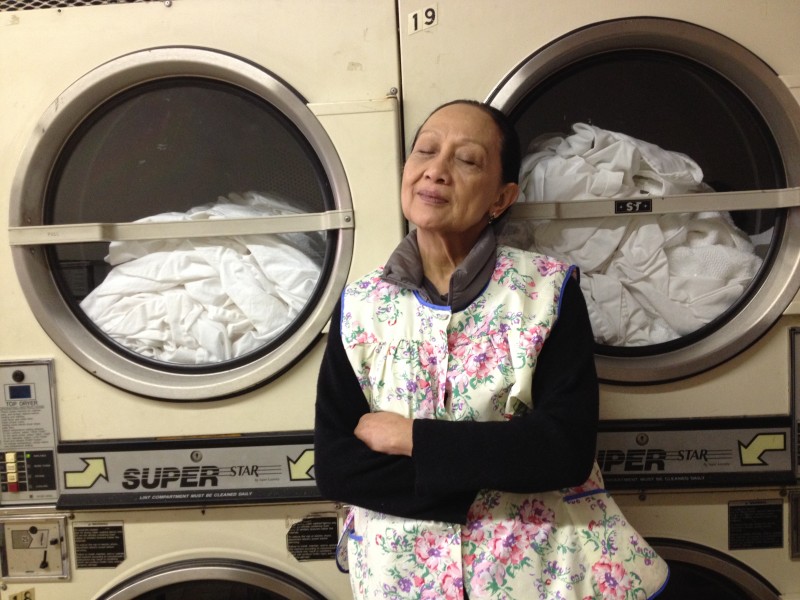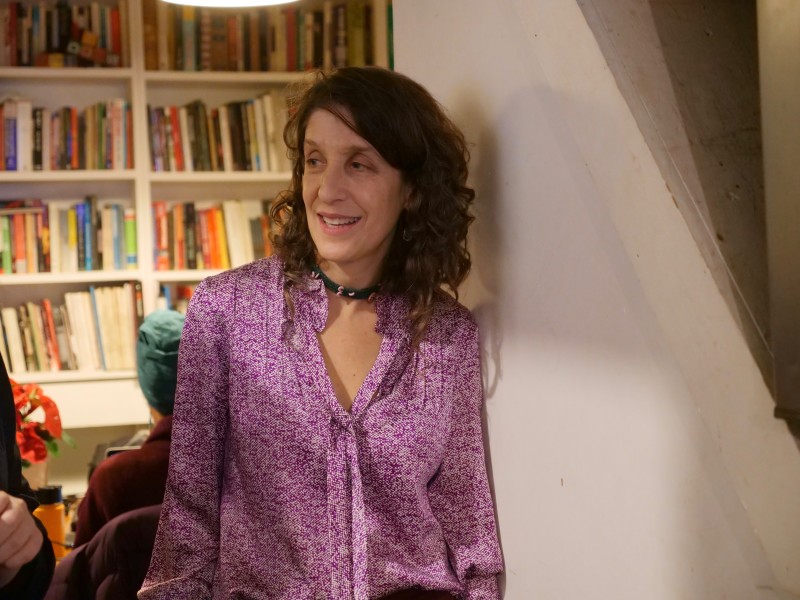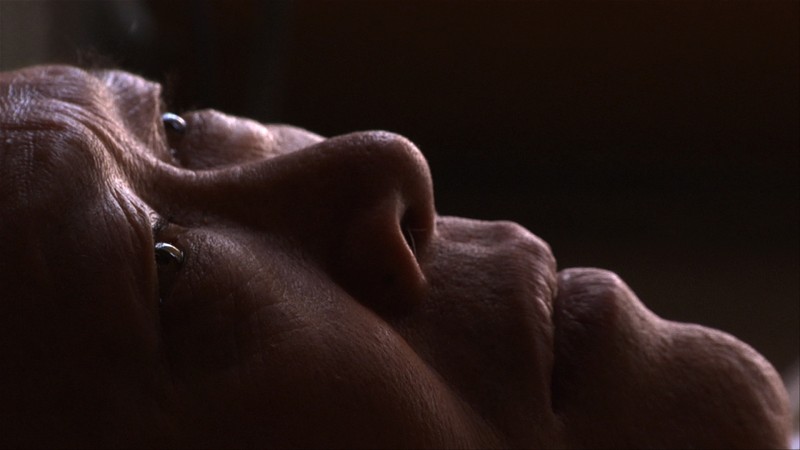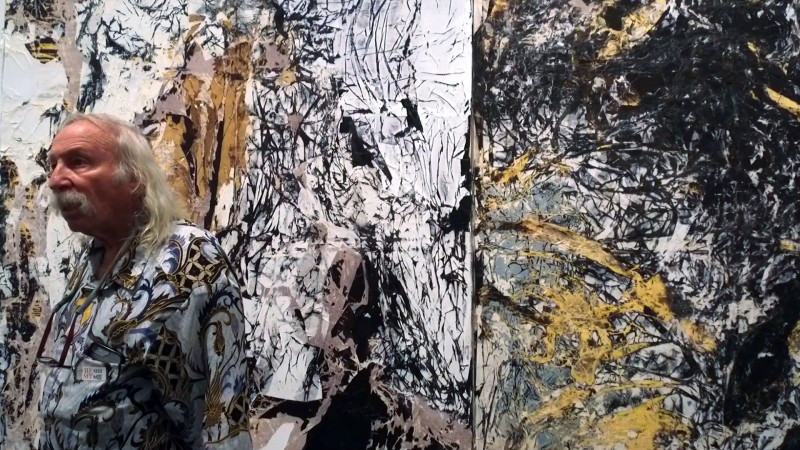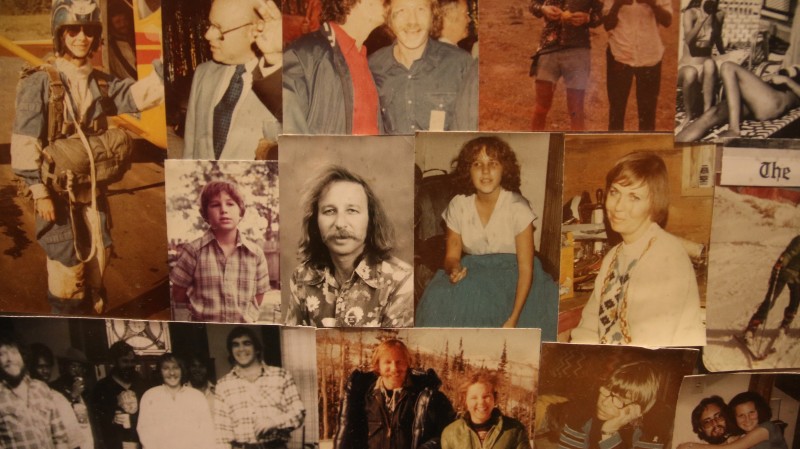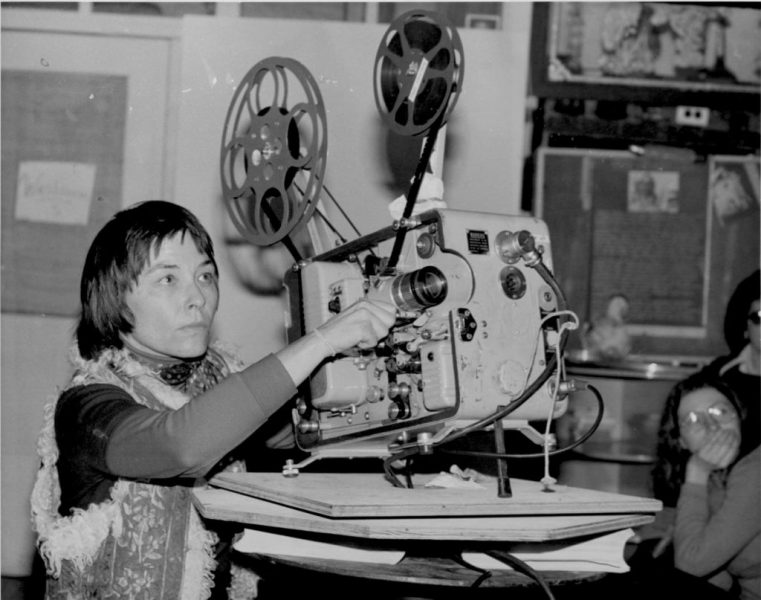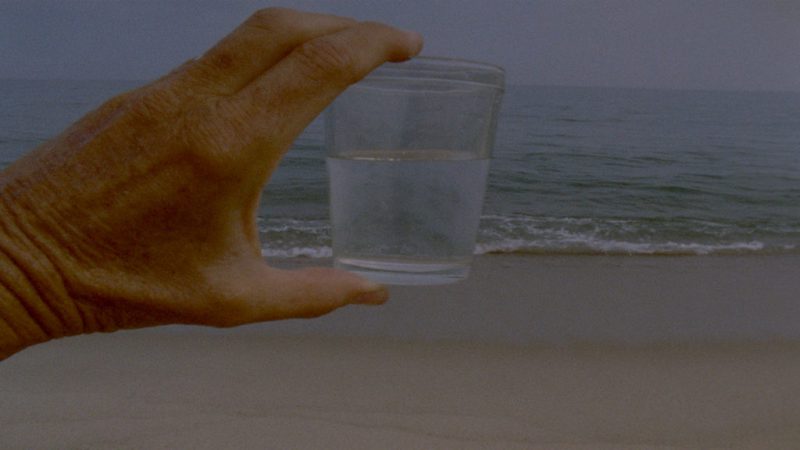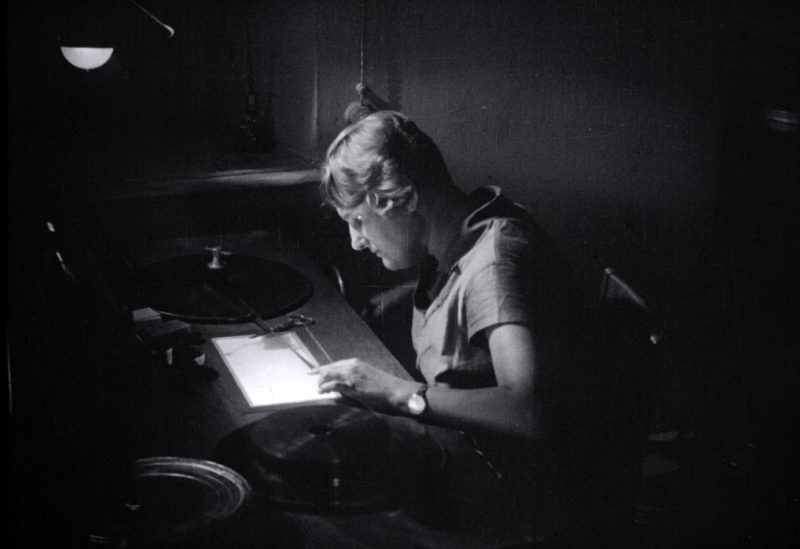
New to Streaming: The Velvet Underground, Lynne Sachs, I’m Your Man, Copshop & More
The Film Stage
By Jordan Raup
October 15, 2021
https://thefilmstage.com/new-to-streaming-the-velvet-underground-lynne-sachs-im-your-man-copshop-more/
Each week we highlight the noteworthy titles that have recently hit streaming platforms in the United States. Check out this week’s selections below and past round-ups here.
Censor (Prano Bailey-Bond)
It is hard to think of a recent horror film––or a film of any genre, really––in which the main character is tasked with a job as original and ingenious as Enid Baines, the protagonist of Prano Bailey-Bond’s riveting Censor. She is, yes, the titular censor. It is 1980s England, the time of “video nasties” that drew parental consternation and tabloid outrage. These were the low-budget, ultra-violent VHS cassettes that earned their own category in the collective consciousness. Not all were UK productions––I Spit On Your Grave and Abel Ferrara’s Driller Killer made the list. In Censor, however, the nasties are homegrown, in more ways than one. Chris S. (full review)
Where to Stream: Hulu
Copshop (Joe Carnahan)
It’d be hard to argue Joe Carnahan isn’t permanently stuck in 1997. Operating well past the point where dozens upon dozens of Tarantino knockoffs were inescapable on video store shelves and in shoebox auditoriums across America, he seems, if anything, intent on morphing the ’90s aesthetic into a new form of classicism for the 21st century. As the kind of guy who still finds slow-motion gunfights cool a full three decades after Hollywood caught wind of Hard Boiled, it’s nice he at least believes in a tangible, quasi-human cinema. – Ethan V. (full review)
Where to Stream: VOD
Film About a Father Who and More Films by Lynne Sachs
Along with her new documentary Film About a Father Who, The Criterion Channel is featuring seven shorts from director Lynne Sachs, including Which Way Is East (1994), The Last Happy Day (2009), Wind in Our Hair (2010), The Washing Society (2018), Girl Is Presence (2020), E•pis•to•lar•y: Letter to Jean Vigo (2021), and Maya at 24 (2021). Jared Mobarak said in his review of her latest feature, “While director Lynne Sachs admits her latest documentary Film About a Father Who could be superficially construed as a portrait (the title alludes to and the content revolves around her father Ira), she labels it a reckoning instead. With thirty-five years of footage shot across varied formats and devices to cull through and piece together, the result becomes less about providing a clear picture of who this man is and more about understanding the cost of his actions. Whether it began that way or not, however, it surely didn’t take long to realize how deep a drop the rabbit hole of his life would prove. Sachs jumped in to discover truths surrounding her childhood only to fall through numerous false bottoms that revealed truths she couldn’t even imagine.”
Where to Stream: The Criterion Channel
Gunda (Victor Kossakovsky)
In 2018, Victor Kossakovsky set out to shoot Aquarela, a survey-symphony that took the Russian documentarian around the world to capture glaciers, waterfalls, frozen lakes, oceans, and storms. Water, art-speak waffle as it may sound, served as Aquarela’s only protagonist: in that hyper-high-definition blue canvas, human faces seldom popped up, and voices were seldom heard, as Kossakovsky’s focus centered squarely on his liquid star alone. A mystifying follow-up working again to question and depart from an anthropocentric perspective, here comes Gunda, a black-and-white, dialogue-free documentary chronicling a few months in the lives of the animals stranded in a Norwegian farm. – Leonardo G. (full review)Where to Stream: Hulu
I’m Your Man (Maria Schrader)
Falling in love with a robot isn’t good news, as Her and Blade Runner (both 2019 and 2049) tell us. In I’m Your Man, unspooling in competition at Berlin, a forty-something museum director (Maren Eggert) is justifiably nervous—she’s in a film named after a Leonard Cohen track, which is only asking for trouble—when asked to try out a new romantic partner. That’s because this is a “humanoid robot,” Tom, algorithmically aligned to her romantic preferences and played by dashing English actor Dan Stevens in a performance in which he impressively speaks fluent German. – Ed F. (full review)
Where to Stream: VOD
Needle in a Timestack (John Ridley)
For a movie about a fated love (Leslie Odom Jr.’s Nick and Cynthia Erivo’s Janine) being undermined by a jealous ex (Orlando Bloom’s Tommy), I didn’t expect to witness a scene towards the start where the latter philosophically (and selfishly) attempts to legitimize his sabotage by explaining how every love is, by definition, another’s missed opportunity. He points out a random woman in the bar and tells Nick that whomever she falls for will be the lucky one of millions, setting off a chain reaction that diverts all the other men and women destined to have crossed her path as suitable partners somewhere else instead. The sentiment is intriguing and full of possibilities well outside the scope of what appeared to be a run-of-the-mill, time travel romance. – Jared M. (full review)
Where to Stream: VOD
Rat Film (Theo Anthony)
It’s not often that a documentary with such a clear focus surprises and unnerves you. Rat Film, directed by Theo Anthony, finds its narrative in the parallel between rat-control efforts in Baltimore and the redlining that has kept certain neighborhoods in the city locked in poverty and crime. With a passionate attention to historical detail and nuance that is belied by the robotic narration of Maureen Jones, the film seduces the audience into following its train of thought through moments and ideas both grotesque and harrowing. Some of the tangents and paths of thought that Rat Film travels are surreal to the point of abstraction, but at the end of it all your view of urban development and its impact on human lives will have been fundamentally altered for the better. – Brian R.
Where to Stream: The Criterion Channel
The Velvet Underground (Todd Haynes)
If you told people in 1967 that Andy Warhol’s house band just released one of the most revered rock albums of all-time, they would ask what they’re called, and when you told them they would laugh. As far as the public was concerned, there were a hundred acts capable of that historical success in the ‘60s, and none were called the Velvet Underground (or Nico). To a certain extent they would be right. It would be another decade before the banana-adorned The Velvet Underground & Nico would have its pop cultural comeuppance and over half a century before the glam avant-garde group would receive definitive documentary treatment by one of the best living filmmakers. But as history and said doc have proven, we would have the last laugh in that exchange. – Luke H. (full review)
Where to Stream: Apple TV+
Also New to Streaming
MUBI (free for 30 days)
The Third Lover
Landru
Moving On
In Search of the Famine
Corporate Accountability
I Like Life a Lot
Two Gods

